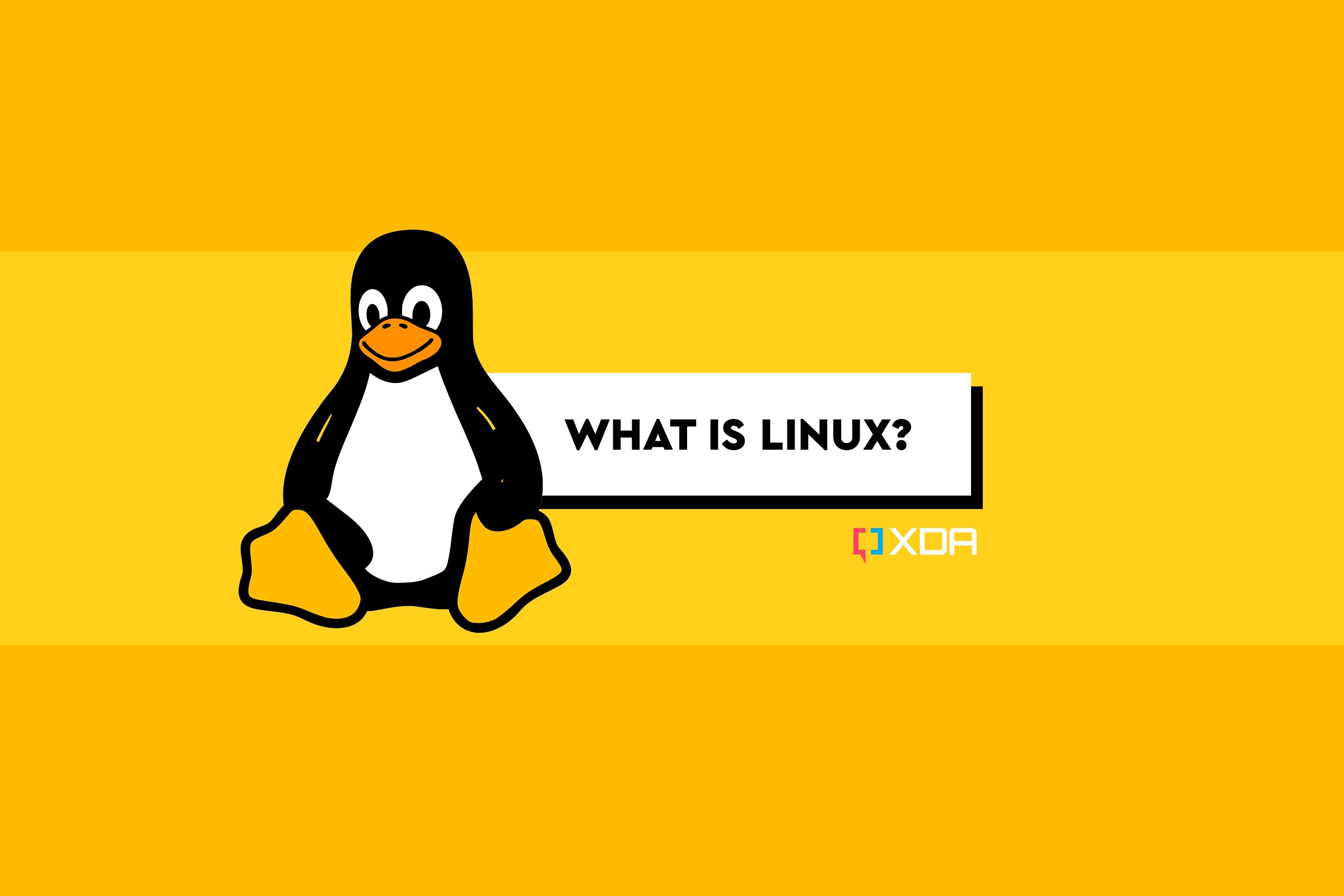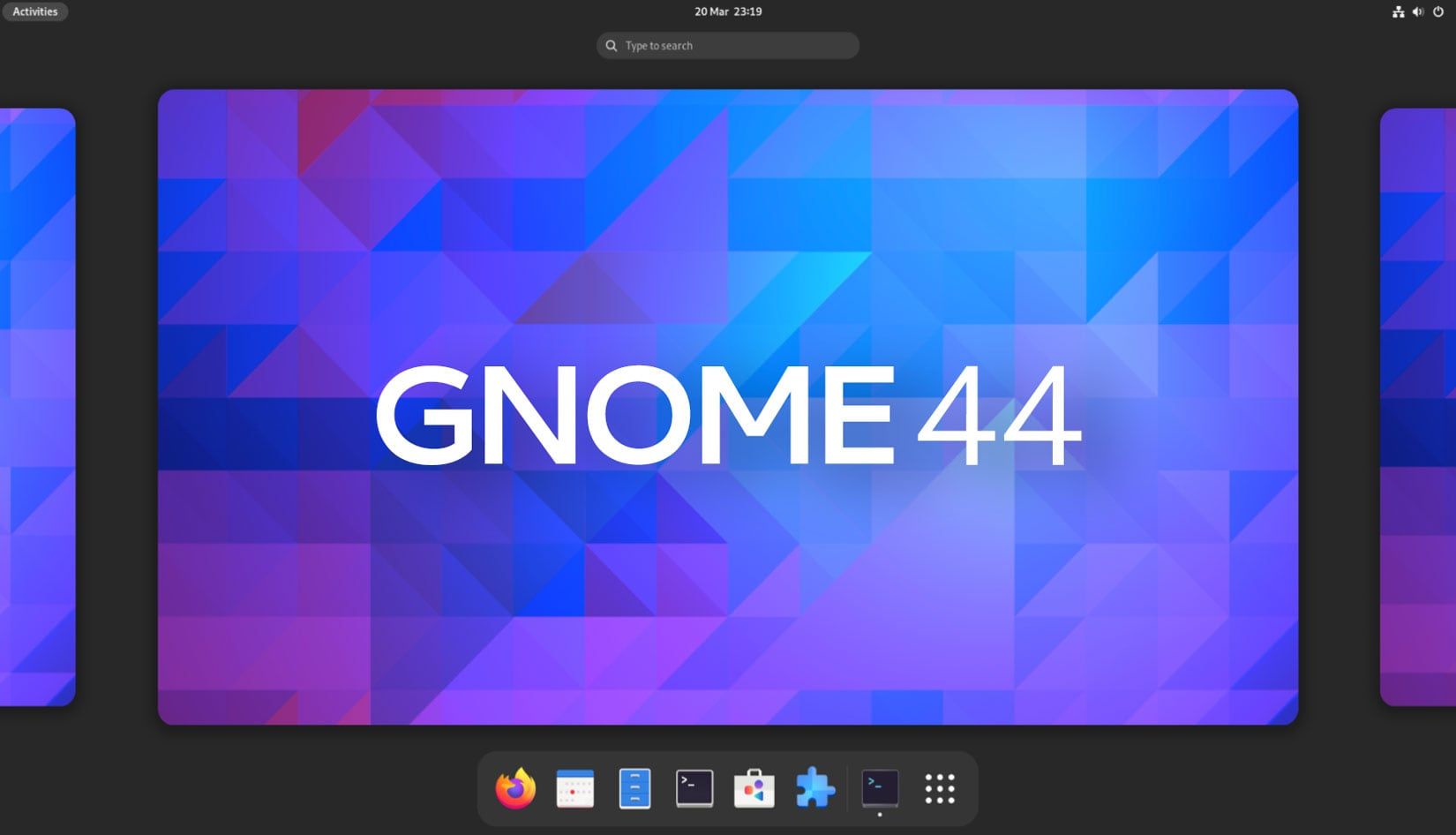Linux is something you've probably heard a lot about, but might not know exactly what it is. It's hard to define because there are so many things around us that make use of Linux in some way, like your Android smartphone. Most websites use servers that run on Linux too. In other words, Linux is everywhere.
Linux has been around since the 1990s, with the first release of the Linux kernel arriving on Sept. 17, 1991, courtesy of Linus Torvalds. Linux is a family of open-source Unix-like operating systems that all make use of the Linux kernel at their core. There's more to Linux than just a kernel, though.
What is Linux?
Linux has been around for a long time, and nowadays, it powers anything from smartphones, cars, and servers, to embedded systems like routers and digital camcorders. Most servers on the internet make use of Linux, all the world's top 500 supercomputers (as of June 2023) make use of Linux, and really, it's harder to find a piece of technology that doesn't have some kind of Linux integration.
As for what Linux is, it depends on who you ask. Some would define it as an operating system, whereas others would define it as a kernel. If referring to Linux as an operating system, it's important to still recognize the importance of that kernel. Operating systems based on Linux build on top of that kernel. The kernel is like a car engine in that it provides the functionality to work and can technically run on its own, but it won't do anything.
This is why we have Linux-based operating systems, as connecting additional pieces of software to interact with the kernel makes it possible to accomplish a lot The kernel is essentially a way to manage system resources and interact with the hardware that the machine runs on. It's essentially the heart of the computer. On top of the Linux kernel is where additional software goes and where you may have heard of a Linux distribution, or "distro."
What are Linux distros? How do I pick the right one?
A Linux distro essentially refers to an operating system that packs the Linux kernel and other software packages to form a complete operating system. Different distributions typically provide a different user experience. For example, if SteamOS were a distribution that you could install on a normal computer, then that would be an entirely different experience from installing something like Ubuntu on your computer.
Where these differences are noticed most prominently is the desktop environment that the distro comes with. There are a number of different kinds of desktop environments that you can get on Linux machines, and you can swap between them at any time. GNOME (GNU Network Object Model Environment) is probably the most well-known since it comes with Ubuntu out of the box. Others include KDE Plasma, LXDE, and Cinnamon.
However, the desktop environment isn't the only difference. If you want to use the terminal a lot to install applications, one of the other big differences will be how you install applications. Different Linux distros can use different package managers, such as Debian Package Manager (DPKG), yum, Red Hat Package Manager (RPM), and more. While it sounds complicated, that's only if you want to use the terminal, and you really don't ever have to unless you're a power user who wants to make some deeper changes.
As for finding the right distro for you, it depends on what you're looking for. Distributions like Pop!_OS are aimed more at gamers, whereas the likes of Ubuntu, Fedora, and Linux Mint are aimed at the more "common" user. Ubuntu has a number of problems relating to the Snap package management system.
You can check out DistroChooser to help you find what's right for you.
Why use Linux?
Linux has a number of key advantages over Windows that make it so that you may want to install it. However, there are a ton of other reasons you may want to use Linux too.
- Free: Linux is typically free, and you won't have to pay for anything.
- Customization: If you don't like the out-of-the-box experience with what you get, you can modify and play with your Linux install to your heart's content. Distributions like Arch Linux are built around basically creating your own experience from the ground up.
- Few viruses: Due to the secure nature of Linux and the permissions system that it uses (along with the wide variation in software that runs Linux), finding viruses that can infect your machine online is a lot less common.
- Lightweight: There are plenty of lightweight Linux distributions that will run on just about everything, meaning that an older computer or laptop you have could be rejuvenated by a Linux install.
Some distributions of Linux are the most reliable operating systems on the planet, as I'm sure you can imagine if servers globally rely on it to function. While it depends entirely on what distro you install and whether you'll experience that stability, the potential is certainly there to do so much with Linux.


